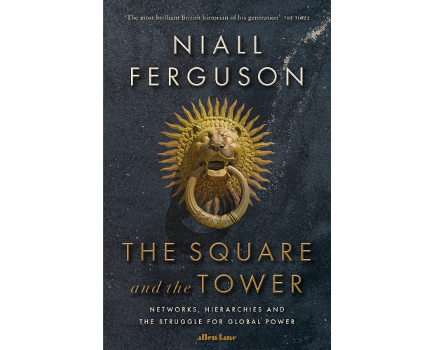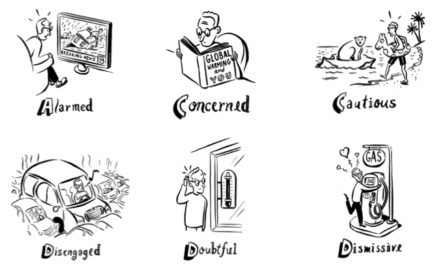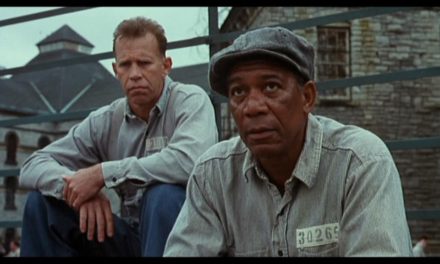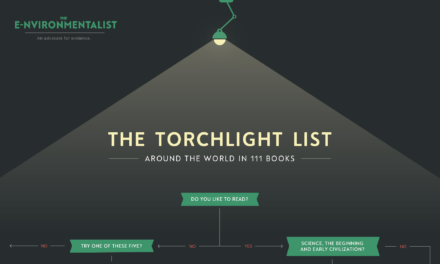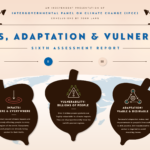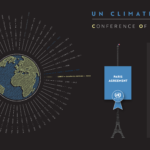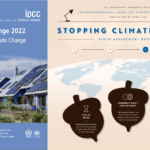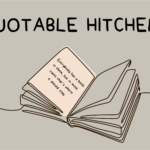The Square and the Tower
Niall Ferguson
The year 2017 was a turning point for how the world saw Facebook. Last year the social media giant was accused of spreading fake news, rigging the U.S. Election and Brexit vote, and gluing people to their screens. It was a tough year for Facebook and CEO Mark Zuckerberg. It leads you to wonder what his New Year’s resolution was. Be a better global citizen?
Niall Ferguson thinks it should have been a history lesson. In his new book The Square and the Tower: Networks, Hierarchies, and the Struggle for Global Power, he argues we live in tumultuous times, largely because of powerful networks like Facebook. And if Zuckerberg and the rest of the Silicon Valley learned a bit of history, the world may be a little more certain and stable.
Connect the dots for history lovers
The Square and the Tower is an ambitious book, which bizarrely reminded me of the puzzle connect the dots. Yes, that’s right – I’ve just compared premier historian Niall Ferguson’s latest book to a juvenile game where the sole purpose is to connect dots to complete a happy picture, like a smiling triceratops, posing superhero, or fluffy bunny. Stay with me on this one.
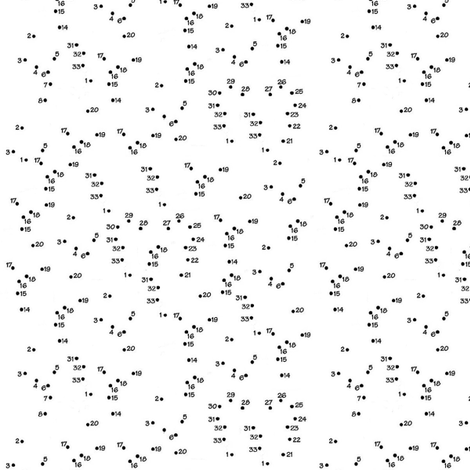
The Square and the Tower is connect the dots for history lovers. But here the dots are key historical groups (such as the Rothschild family) or figures (like Winston Churchill) and by connecting them together, Ferguson draws a big picture of how societies have been disrupted in unexpected ways. In his words:
[This book] proposes a new historical narrative, in which major changes – dating back to the Age of Discovery and the Reformation, if not earlier – can be understood, in essence, as disruptive challenges posed to established hierarchies by networks.
Ferguson argues that historians have given nation states and other hierarchical organisations too much credit for shaping the world. While empires like Great Britain and Spain colonised large parts of the world in their image, no ruler ever ordered the Enlightenment, or the French and American Revolutions. Networks caused these periods of turmoil, and Ferguson dedicates most of The Square and the Tower to describing this in detail.
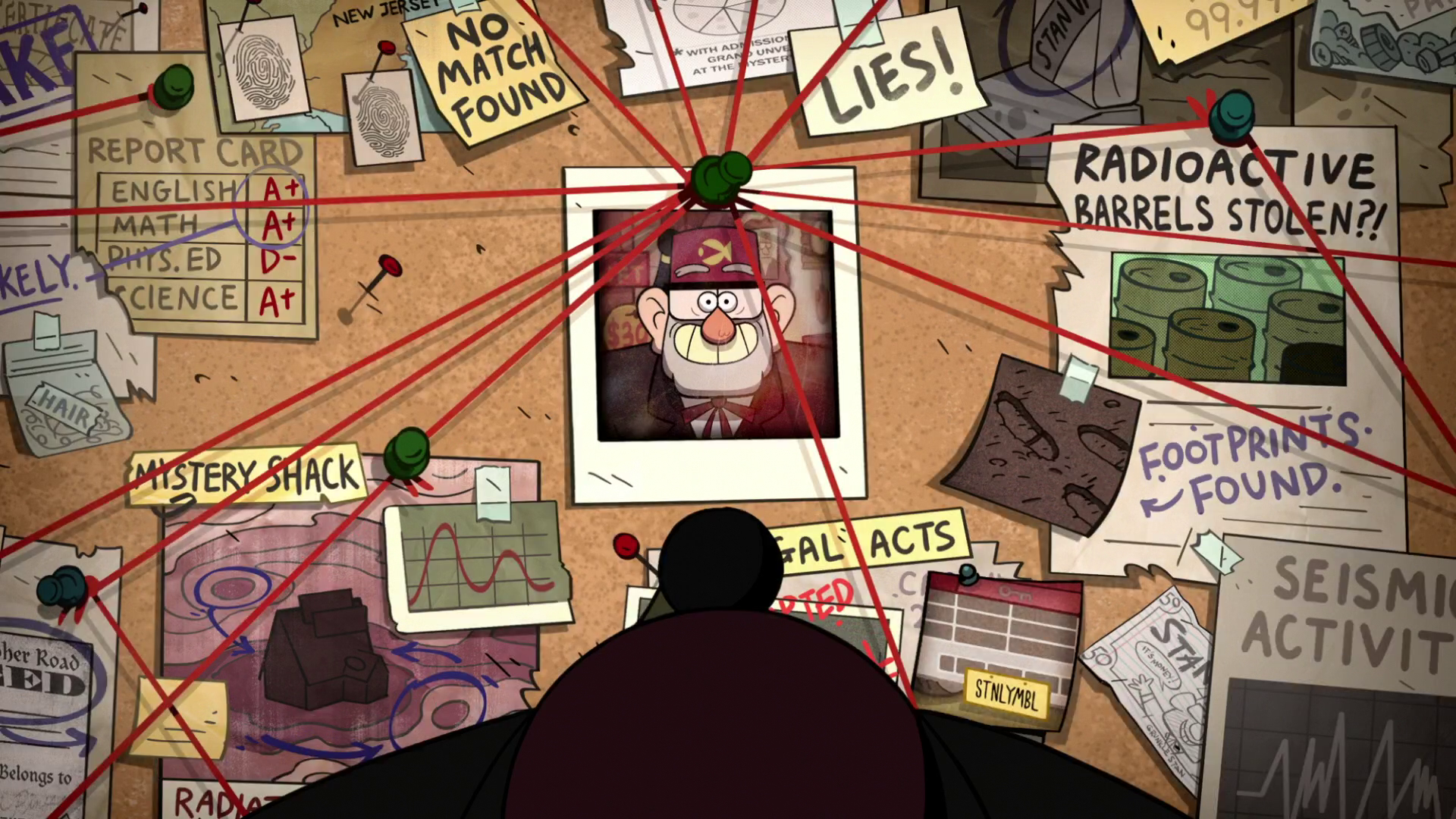
Networks lurk behind the curtain
To illustrate the central role networks have played in periods of disruption, Ferguson points to the downfall of the Catholic Church. According to Ferguson, this was the first network revolution, and it was only possible because of Johannes Gutenberg’s printing press and Martin Luther’s infamous Ninety-five Theses. The creation of the printing press provided the means for an information network, and Luther later exploited this by disseminating incriminating information about the Church. This paved the way for the Enlightenment, and the Catholic Church has never recovered.
Another example is the Russian Revolution and the rise of socialism. Ferguson credits this in part to early 20th century German espionage networks, who destabilised the Tsars by funding revolutionary Vladimir Lenin and the Bolshevism movement. As someone who thought espionage began with 1960s James Bond movies, this was fascinating to read. And networks don’t always linger in the background but can become the hierarchical power. Anyone with an interest in Russian history knows that Lenin and the Bolsheviks overthrew the Tsars and a form of socialism has been ruling Russia ever since.
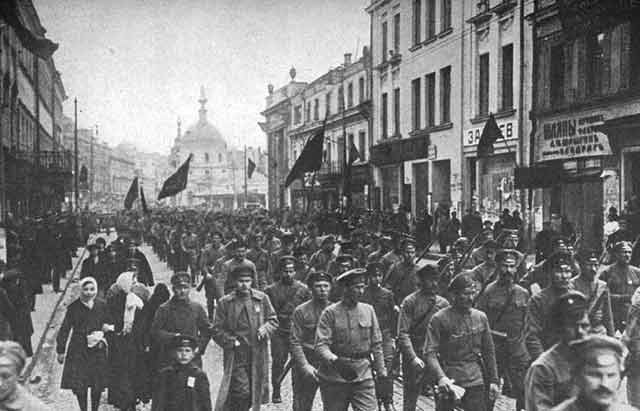
The beauty of learning about historical networks is that they enable a fresh view of the present. If the spread of socialism was paid for by a foreign network, who is to say that current ideologies – Islamic fundamentalism in the Middle East, or the alt-right movement in the West – haven’t also been promoted by hidden networks? A key takeaway from The Square and the Tower is that disruption can be by design.
Today’s network giants
Ferguson offers some warnings about today’s networked age. He argues that while the printing press didn’t create any billionaires, the internet has spawned several, like Mark Zuckerberg of Facebook and Jeff Bezos of Amazon. These tech titans own essential platforms on the digital network and therefore have undue influence. Ferguson is also worried how easily third parties can exploit these networks to manipulate the wider public. He’s right to be concerned, over 126 million Americans were exposed to Russian sponsored news during the 2016 U.S. Presidential Election.

Ferguson’s solution is for networks like Facebook to revert to hierarchies. Unfortunately, he’s not very clear on how he thinks this could happen. He’s dismissive of the European Union’s attempts to regulate the tech giants, but is impressed by the public/private mix of Chinese networks WeChat and Alibaba. This suggests he is in favour of some sort of nationalisation of Facebook. Good luck with that.
The real rewards of The Square and the Tower lie in speculating about the future yourself. What I took away was that all networks eventually disappear or become hierarchical, so even Facebook will inevitably (if not already) consolidate its position and become more bureaucratic. While it’s hard to believe that a company with the motto “move fast and break things” could become cumbersome, the recent hiring of 10,000 new staff to monitor online safety and security suggest it’s going in that direction. Besides, experts in the tech industry knows the next disruption will likely come from new network tech like the blockchain.
It does need to be said that The Square and the Tower is a dense book that could have done with a serious edit. Like Peter Jackson and his bloated Hobbit movies, Ferguson may be a victim of his own success. With over 60 chapters and an introduction and conclusion that are nearly 100 pages long, The Square and the Tower comes across as indulgent.
Despite the length and dubious solutions, The Square and the Tower offers a timely history lesson for the Silicon Valley: networks don’t merely redistribute power from hierarchies, but also recentralise power to themselves. As such, the Silicon Valley is now a very powerful place. Uncle Ben’s plea to Peter Parker in Spiderman comes to mind: “with great power comes great responsibility”. Maybe this should have been Zuckerberg’s New Year’s Resolution.
